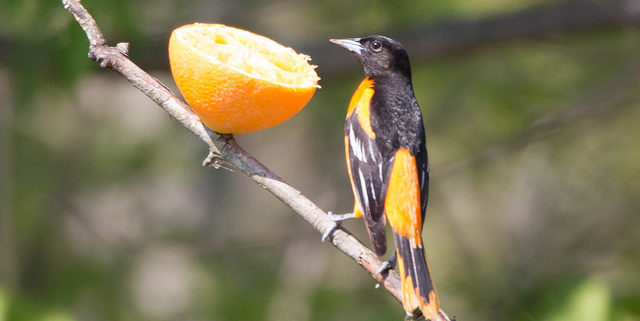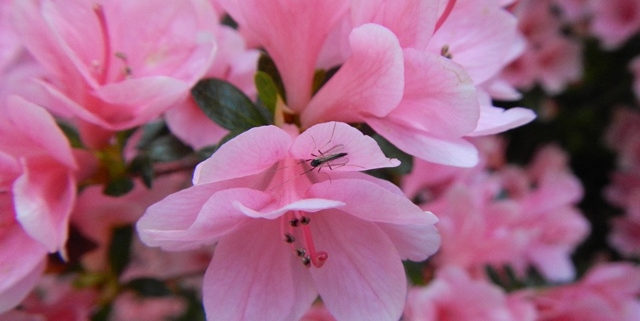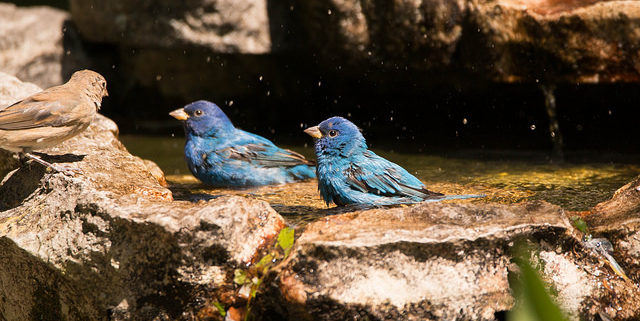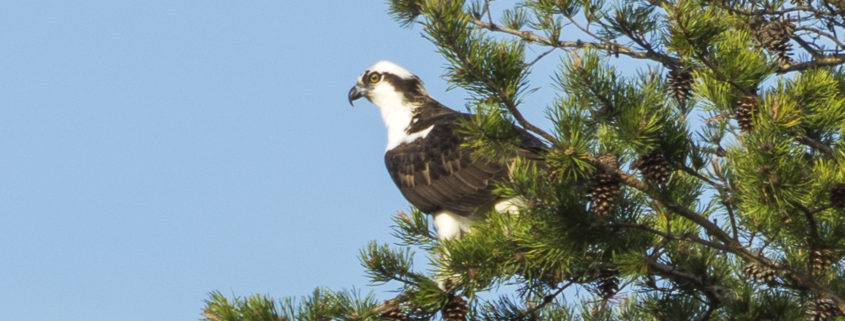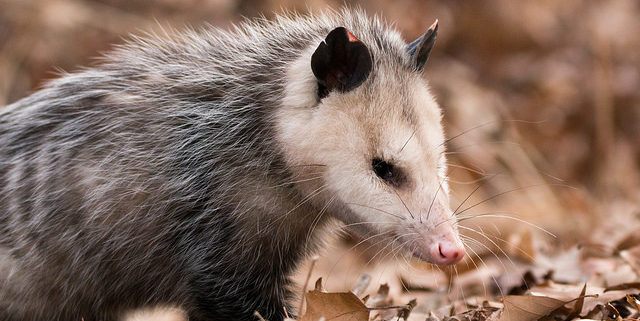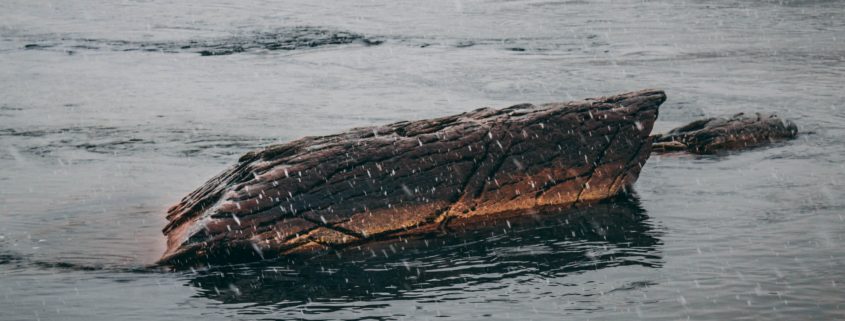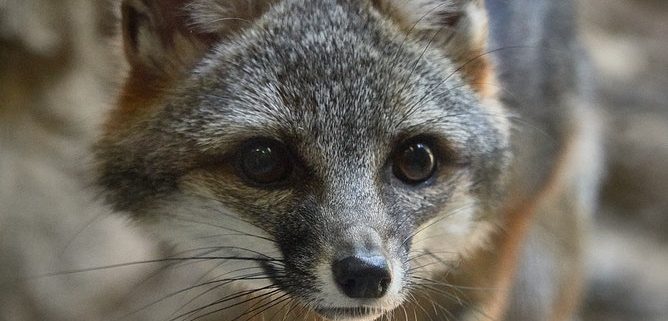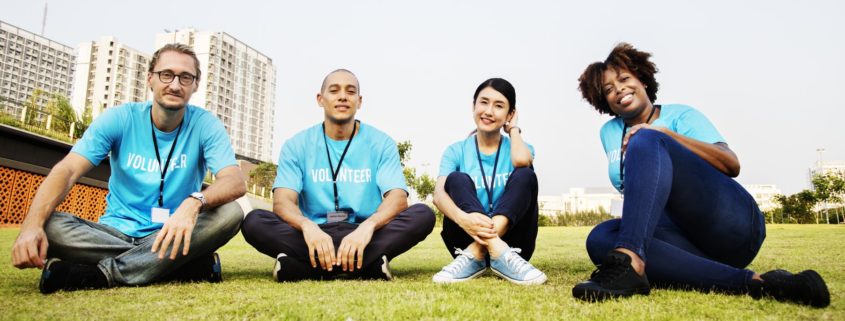This is an online, self-paced class from +Acumen, taught by MAVA Foundation. It begins 9 October and ends 20 November. The class is free.
Course Description
How do you solve a problem like deforestation? How might you restore a marine ecosystem, while recognizing that the community depends on fishing to survive? When your renewable energy product is no longer wanted, does it end up in a landfill?
The challenges of poverty and environmental conservation are interconnected. This course will introduce mindsets and methodologies to help you promote both environmental sustainability and social impact in your work.
You will discover the dynamics that contribute to complex environmental and social challenges using systems thinking. Then, you will learn about the circular economy and find opportunities to reuse resources and reduce waste. Next, you will explore how behavior change principles can encourage people to act in ways that benefit the planet. Finally, you will make the case for environmental conservation with lessons from the natural capital movement.
The course features insights from Mark Tercek, CEO of The Nature Conservancy; Vien Truong, CEO of Green for All; and Michael Kobori, Vice President of Sustainability for Levi Strauss & Co. It also shares case studies from social entrepreneurs and conservation organizations around the world.
What You’ll Learn
- Explore opportunities for collaboration between social entrepreneurs and conservation organizations to promote environmental sustainability and social impact
- Discover mindsets and methodologies for tackling environmental challenges, including systems thinking, circular design, behavior change, and natural capital
- Understand how to design products and services that contribute to a circular economy, and how to change behavior to conserve biodiversity
- Make the business case for investing in environmental conservation with lessons from the natural capital movement
This is a hands-on, project-based course for teams or individuals that consists of weekly readings, videos, and workshops. In the first week of the course, you will select an environmental challenge to explore. In each workshop, you will apply the concepts you learned in the reading to propose solutions to the environmental challenge.
More Questions
Please visit our +Acumen Page for more information.
Is This Course for You?
- You are a social entrepreneur who wants to design solutions that create social impact and promote environmental sustainability.
- You are a conservation specialist who wants to apply entrepreneurial methodologies to environmental challenges.
- You are an innovator in a company or corporation who wants to make the business case for investing in conservation.


